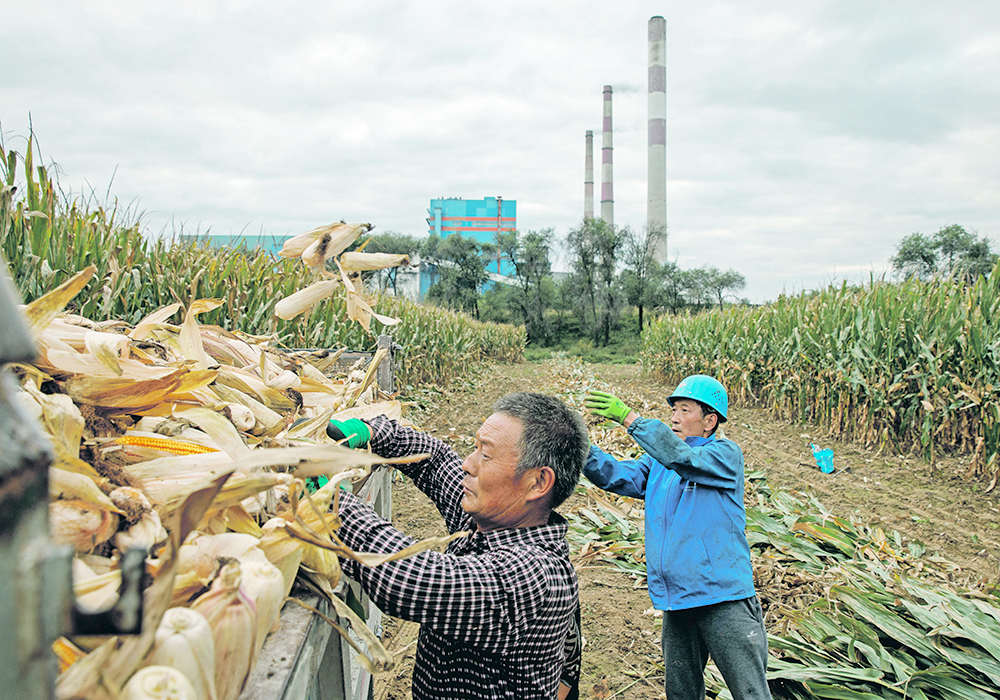The country has not yet approved commercial planting of GM corn and soybeans, but has been studying them for years
BEIJING, China (Reuters) — China’s farm ministry on Aug. 24 said large trials of genetically modified corn and soybeans showed “outstanding” results and that the technology was safe and essential.
China has not yet approved commercial planting of GM corn and soybeans, but has been studying the crops for years, and this year significantly expanded the acreage of its pilot program.
In an article published in the state-owned Farmers Daily newspaper and reposted on the ministry’s website, the ministry’s Science and Technology Development Centre and the National Agricultural Technology Extension Service Center outlined the need for the technology and its safety record.
Read Also

Crop quality looks good this year across Prairies
Crop quality looks real good this year, with the exception of durum.
GM technology is “revolutionary” and “a new track that must be seized”, it said, adding the technology was “not optional”.
It added that progressing its use in China would prevent the gap with foreign countries from widening further.
President Xi Jinping has increasingly supported use of the technology, which he says is crucial to bolstering China’s food security. China is the world’s top soy importer and one of the top corn buyers.
Trade tensions with top corn supplier the United States and war in the second largest supplier Ukraine have also increased official worry over grain supplies.
“It is definitely a positive message. The message is clearly promoting biotechnology to the general public,” said a Chinese seed industry executive who declined to be identified because he is not authorized to speak to the media.
He added that further positive messaging in coming weeks could signal that Beijing is getting ready to approve the crops for commercial use.
This year’s large-scale trials in 20 counties in the provinces of Yunnan, Hebei, Inner Mongolia, Jilin and Sichuan showed “outstanding” insect resistance and herbicide resistance, the report also said.
The control of Lepidoptera pests such as Spodoptera frugiperda, also known as fall armyworm, was more than 90 percent, it said, while 95 percent of weeds were prevented.
It also said the yields were up by between 5.6 and 11.6 percent.
Previous research has found GM corn yields increasing by between six percent and 25 percent, depending on the country.

















